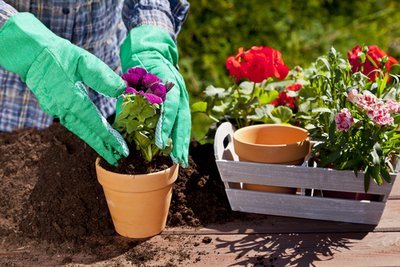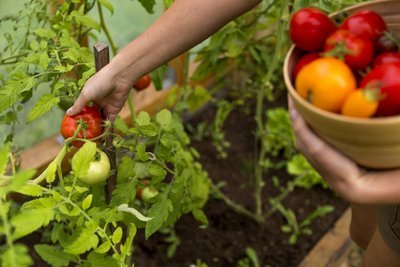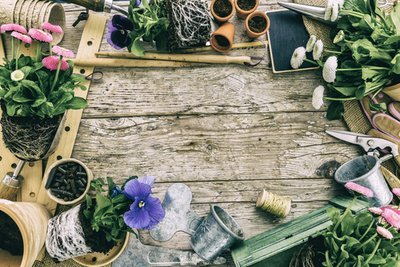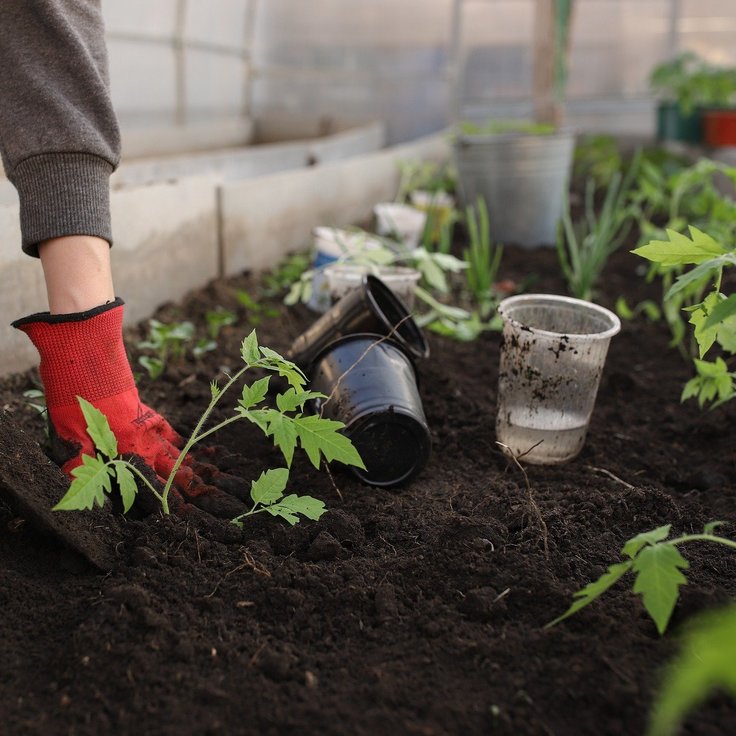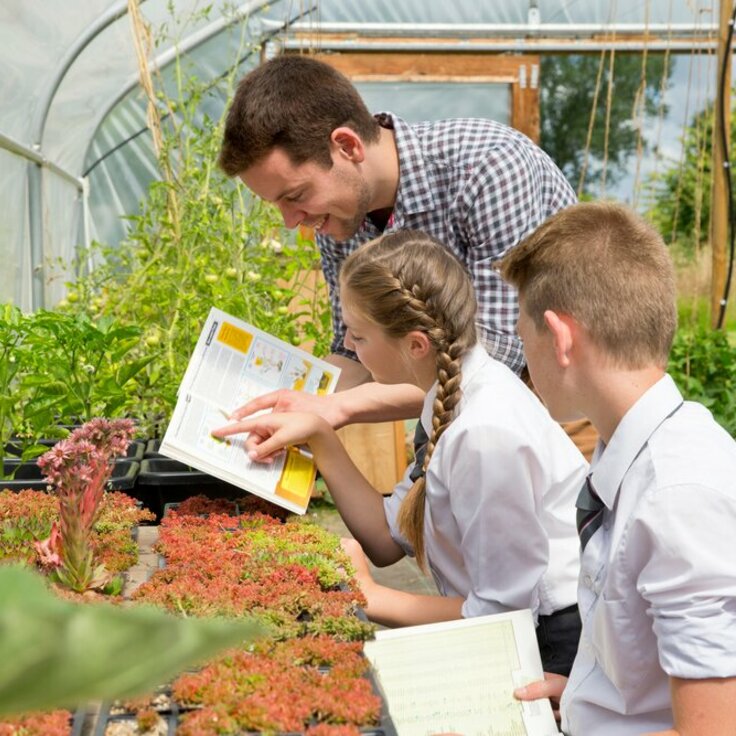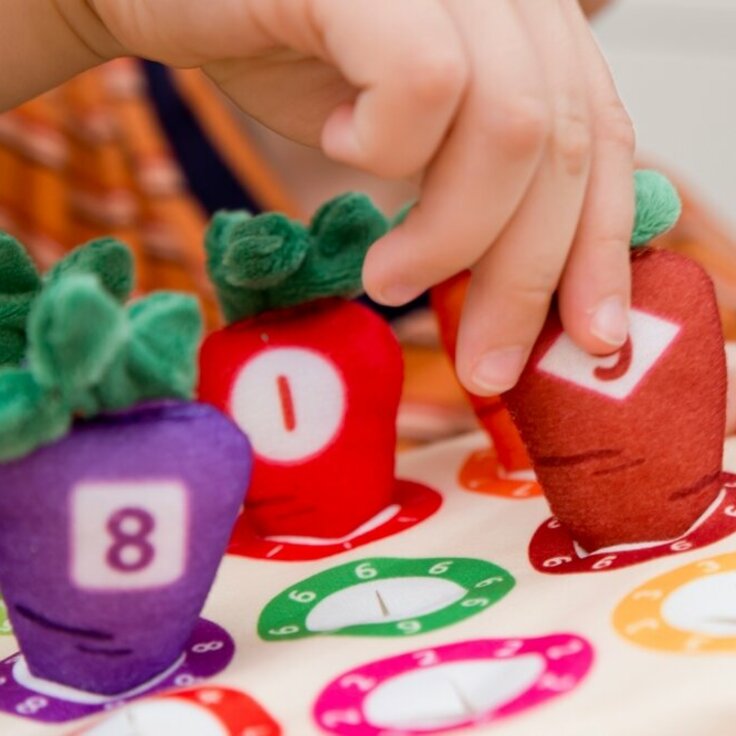How Growing Your Own Food Can Cultivate a Healthy Relationship with Eating

The Power of Mindful Eating
Mindful eating involves being fully present while eating—paying attention to the taste, texture, and smell of your food and listening to your body’s hunger and fullness signals. It’s an important step towards fostering a healthier relationship with food.
Growing your own food helps you understand the origins of your meals and the effort involved in cultivating them. This shift in perspective turns food into something you’ve nurtured from seed to plate, rather than something you consume mindlessly. Such intentionality encourages healthier choices and habits.
In contrast, processed foods often promote mindless eating. Without much thought, you may grab a quick snack or opt for a takeaway without considering its impact on your health. Growing your own food invites a slower, more thoughtful approach to eating, promoting balance and mindfulness.
Reducing Reliance on Processed Foods
One of the biggest advantages of growing your own food is reducing your dependence on processed foods. Many processed items are high in unhealthy fats, sugars, and salt, which can contribute to weight gain, diabetes, and heart disease. By growing your own food, you gain access to fresh, nutrient-rich produce right from your garden.
Homegrown vegetables, fruits, and herbs are packed with vitamins, minerals, and antioxidants. This not only supports better health but also inspires creativity in the kitchen, allowing you to prepare meals that are healthier, tastier, and more satisfying.
Promoting Healthy Habits
Gardening offers significant physical and mental health benefits. Activities like digging, planting, and watering provide a moderate form of exercise, improving strength, flexibility, and fitness. Research shows that spending time in nature reduces stress, lowers blood pressure, and enhances mood.
Gardening also builds a sense of routine and responsibility. Caring for your plants cultivates a nurturing attitude towards your food and body. This mindfulness often extends to other areas of life, inspiring healthier lifestyle choices such as better nutrition and regular exercise.
The pride you feel when harvesting your own crops fosters a sense of accomplishment and reinforces the value of feeding your body with fresh, wholesome food.
Building a Deeper Appreciation for Nourishment
Growing your own food deepens your appreciation for the nourishment it provides. Seeing the time and effort it takes to grow your meals encourages greater respect for the food you eat. This newfound perspective fosters gratitude and mindfulness.
By tending to your garden, you begin to understand the value of fresh, homegrown ingredients and how they fuel your body. This understanding helps shift your view of food from a mere necessity to an essential part of your well-being.
Overcoming Food Challenges with Professional Support
For some, building a healthy relationship with food can be challenging. Emotional eating, disordered eating patterns, or unhealthy food choices may present obstacles. In such cases, seeking professional support can make a significant difference.
The Balance Rehab Clinic is a luxury rehabilitation centre in London, specialising in eating disorders and related mental health support. The clinic adopts a holistic approach to treatment, addressing both mind and body. Whether you’re struggling with body image issues, emotional eating, or forming healthier habits, their personalised programmes are designed to help you overcome these challenges.
While growing your own food has many benefits, professional assistance may be necessary for addressing deeper emotional or psychological issues around eating. The Balance Rehab Clinic offers expert therapy and counselling to help you establish a healthier, more balanced relationship with food.
Connecting with Others Through Food
Gardening also provides opportunities to connect with others. Sharing your homegrown produce with friends, family, or neighbours can strengthen relationships and foster a sense of community. Eating together encourages mindful eating, as shared meals often inspire slower, more enjoyable dining experiences.
This social element further reinforces healthy habits, transforming food into a medium for building connections and savouring life’s simple pleasures.
Growing Your Own Food and the Environment
In addition to personal health benefits, growing your own food has a positive impact on the environment. By cultivating a garden, you reduce the carbon footprint associated with food transportation and packaging. Home gardening also helps cut down on plastic waste linked to shop-bought produce.
Sustainable practices such as composting, conserving water, and organic gardening are natural extensions of growing your own food. These efforts benefit the planet while promoting a more eco-friendly lifestyle.
Transform Your Relationship with Food
Growing your own food is a powerful way to cultivate a healthier relationship with food. It fosters mindful eating, reduces processed food consumption, and supports both physical and mental well-being. Gardening helps you appreciate nourishment and develop a positive connection with what you eat.
If you’re facing deeper food-related challenges, professional support from Balance Rehab Clinic can help. With expert guidance, you can build a healthier, more balanced approach to eating—rooted in mindfulness, care, and nourishment.
Whether you’re a seasoned gardener or a complete beginner, the journey of growing your own food can be transformative. It nourishes your body, connects you with nature, and enhances your overall relationship with food for a happier, healthier life. Start planting today and reap the benefits of this rewarding practice!

